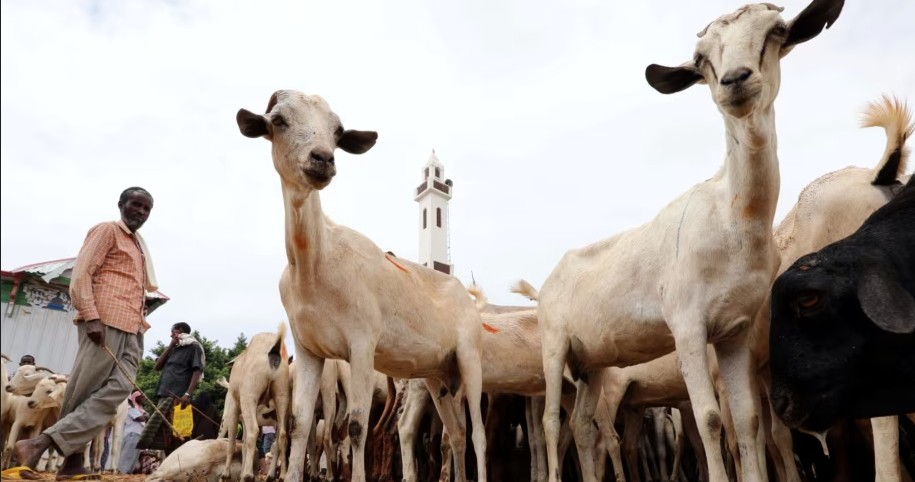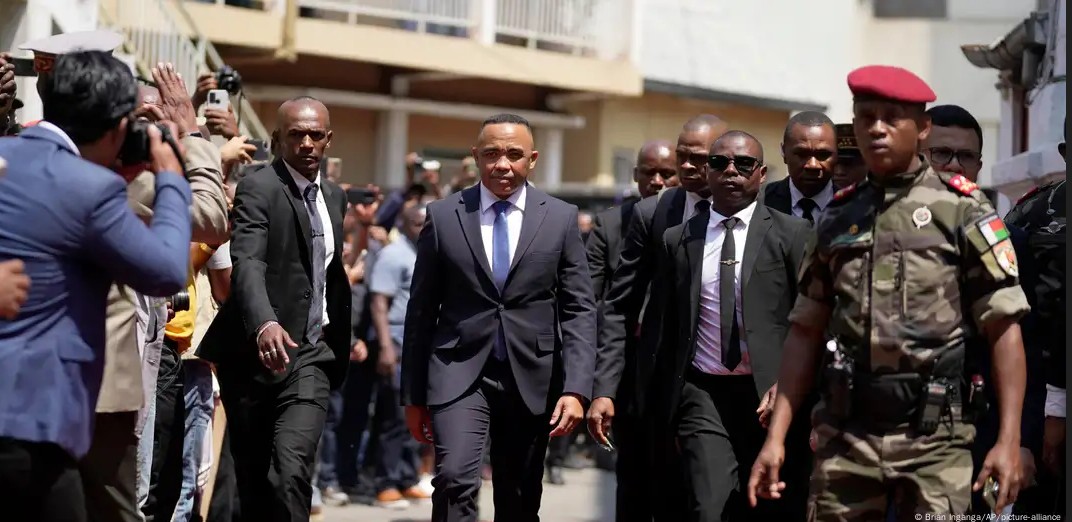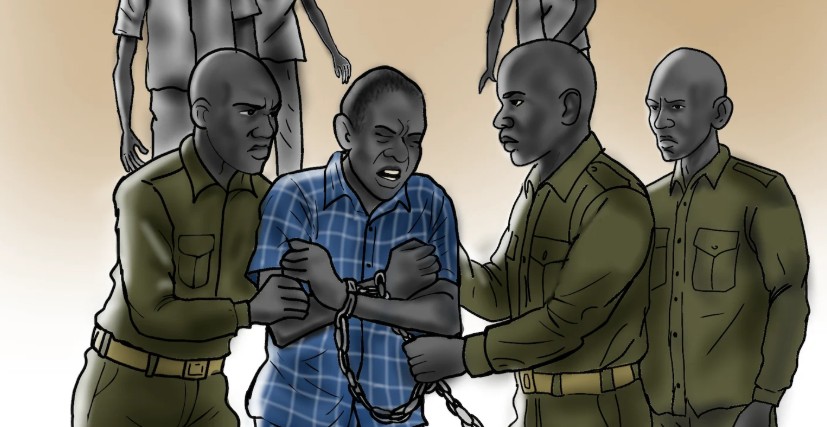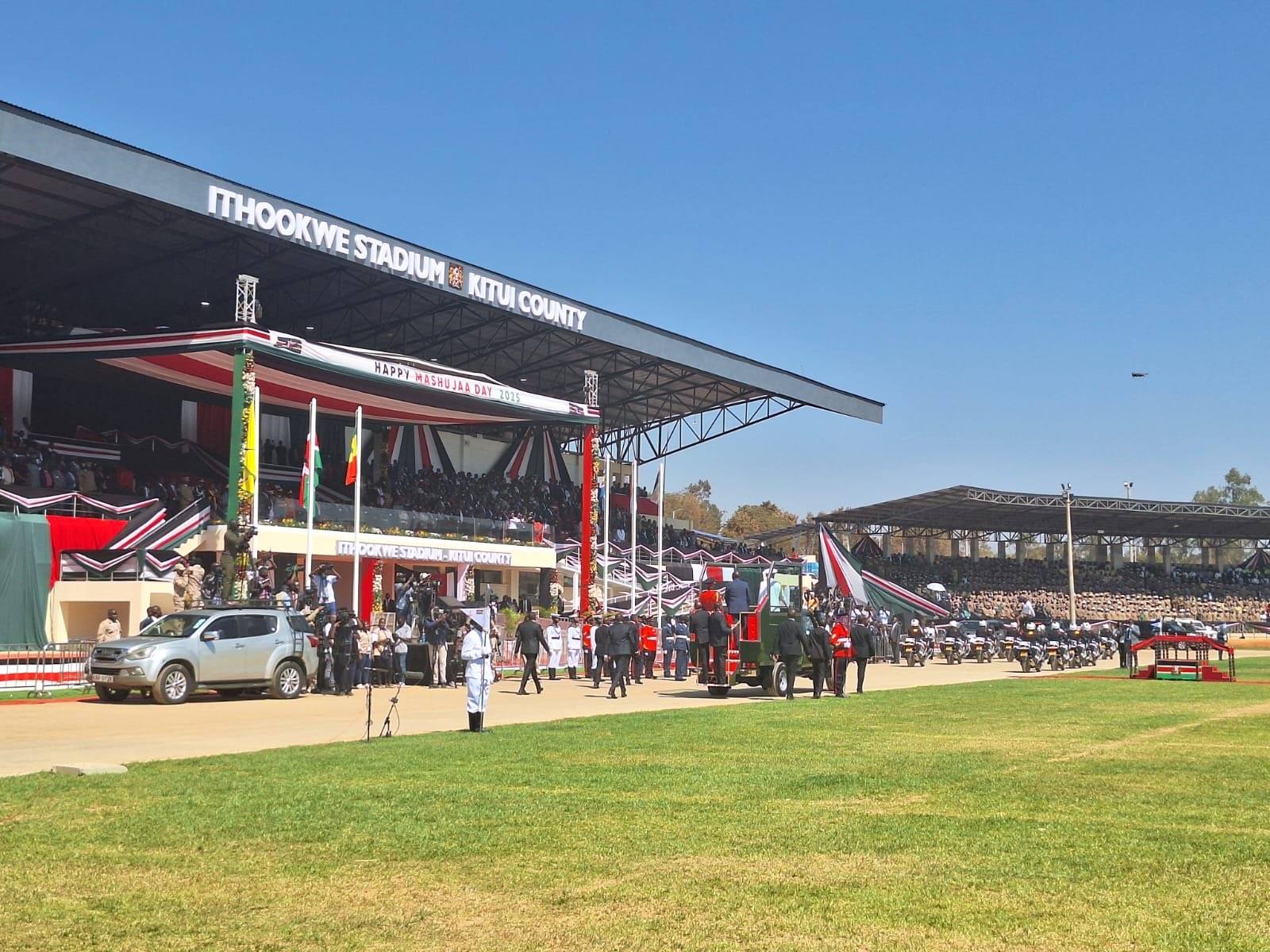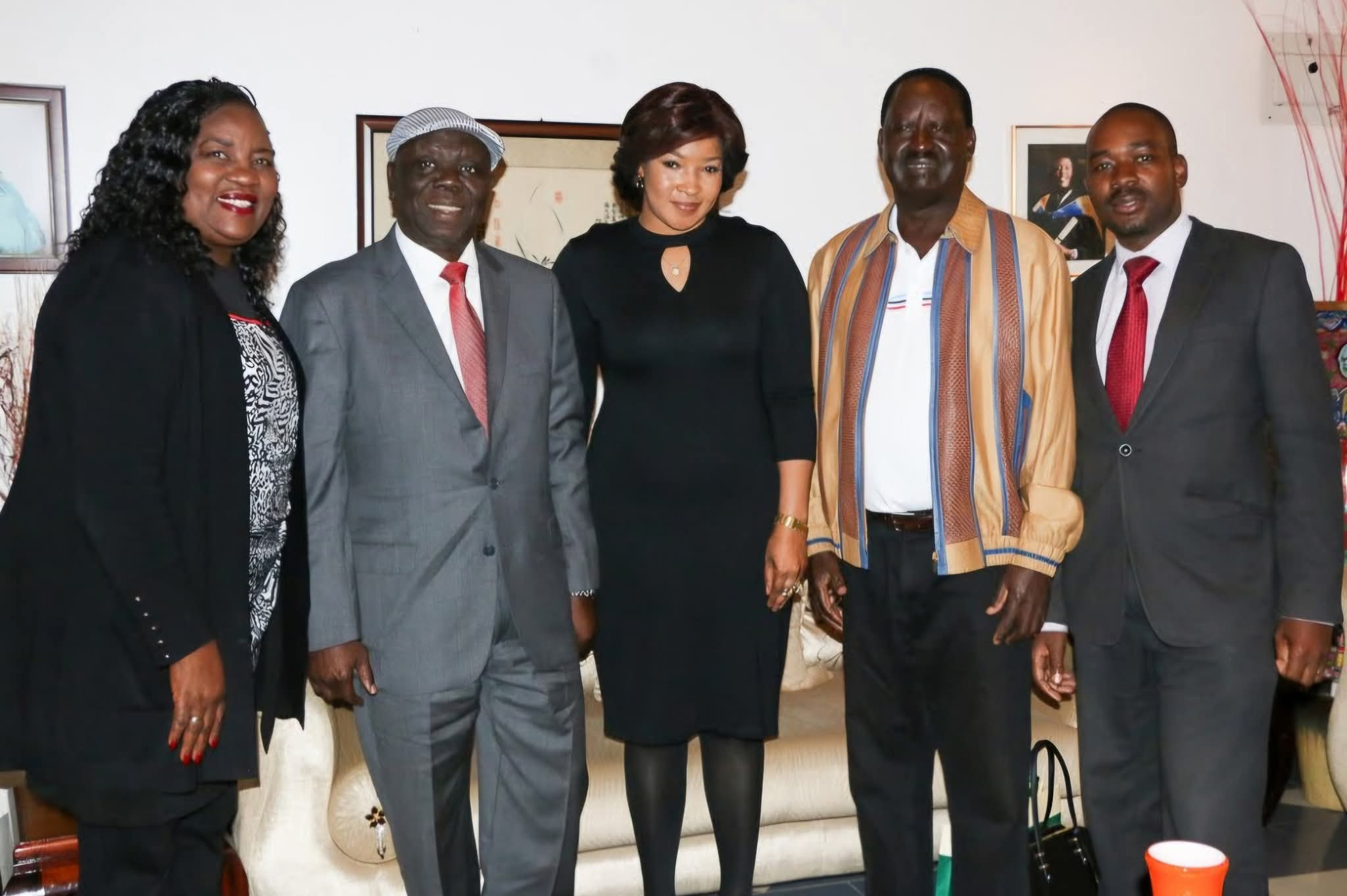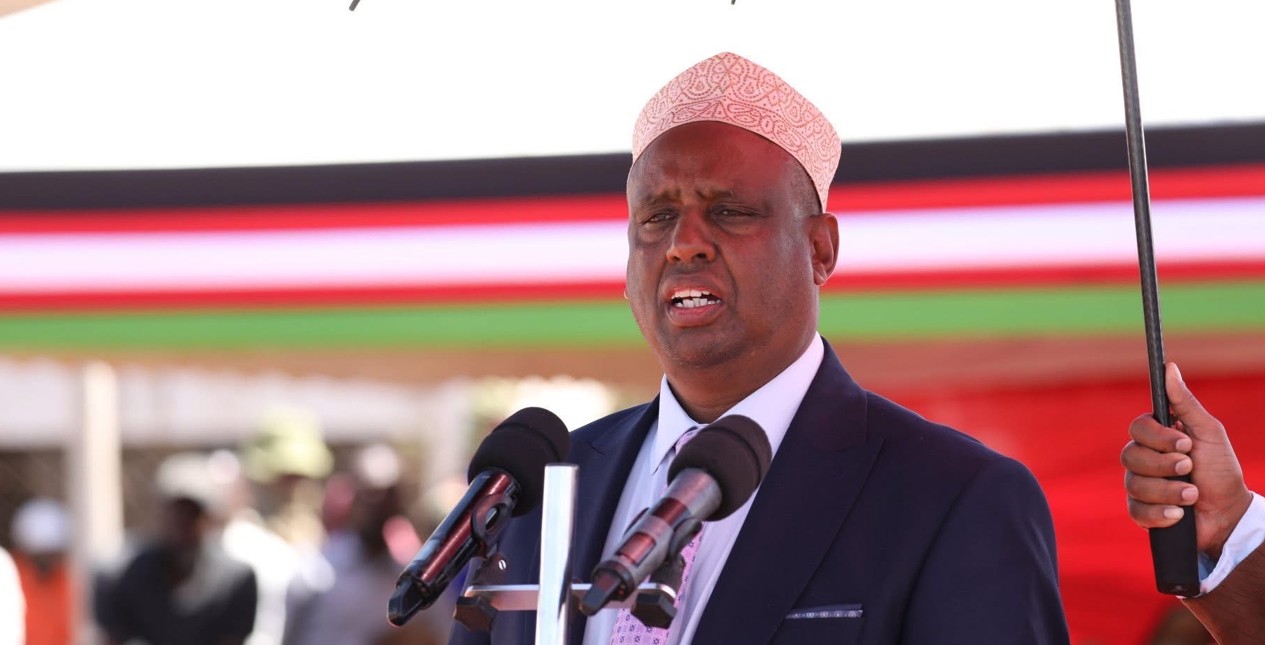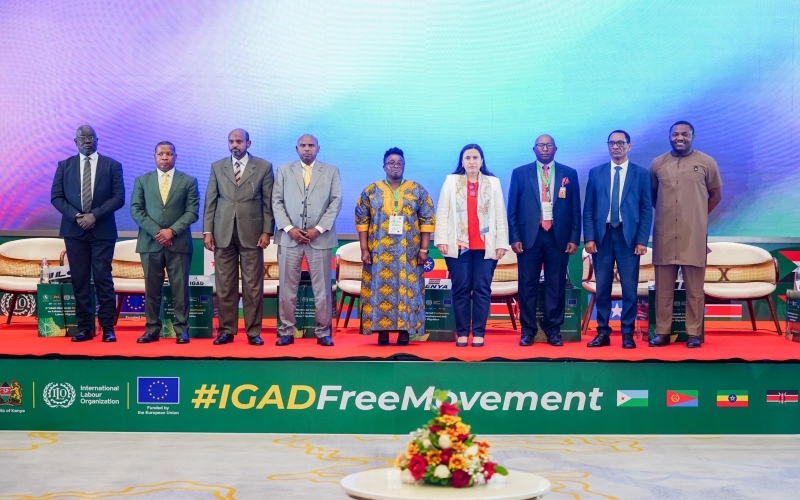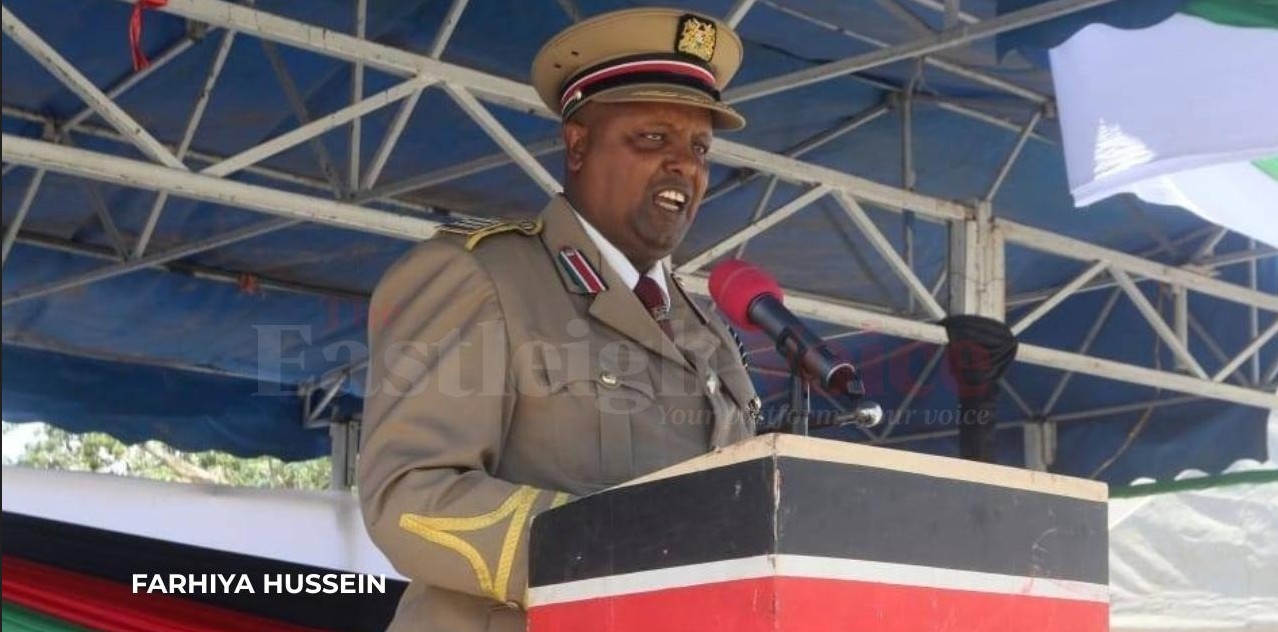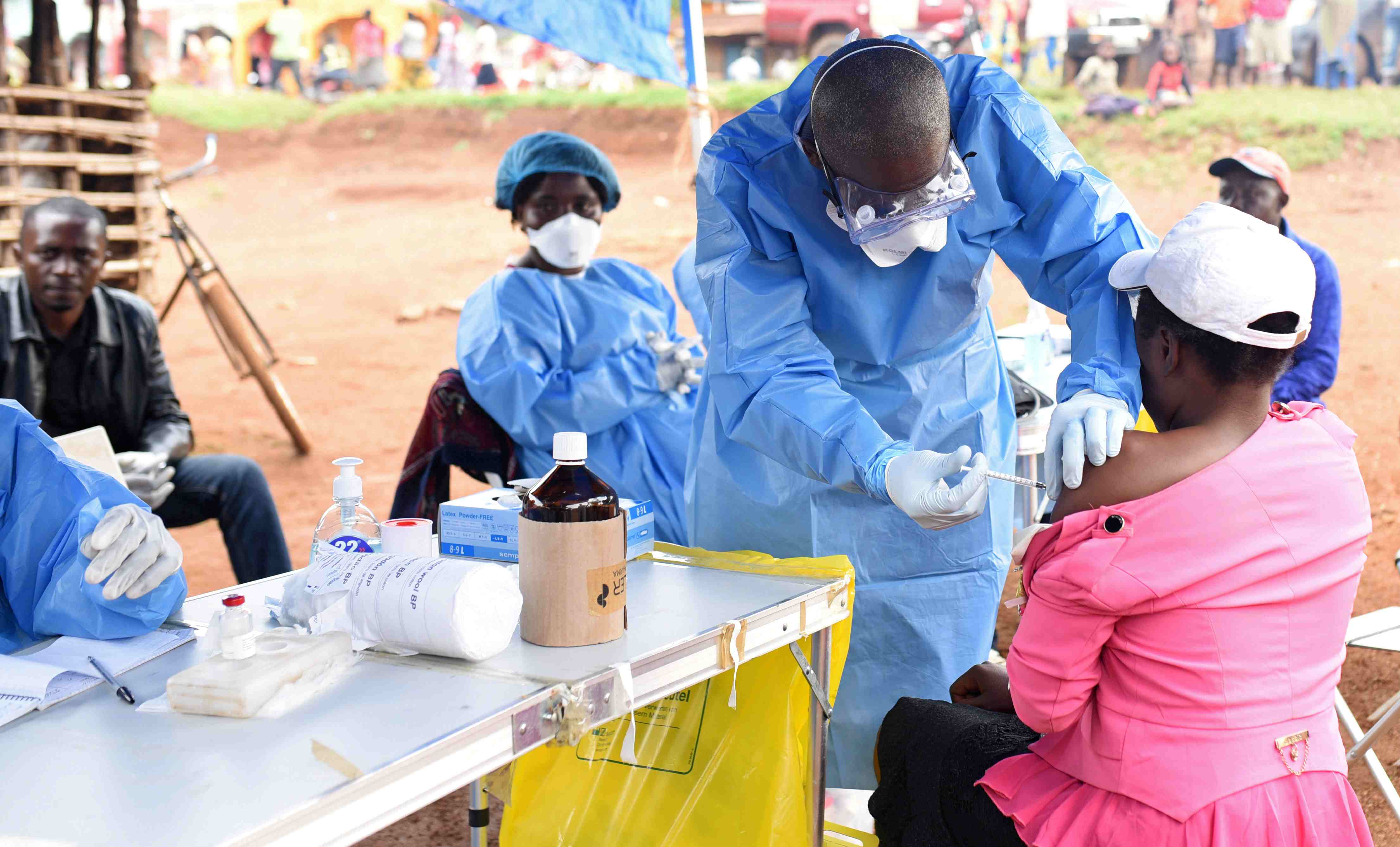US demands accountability in Kenya amid wave of killings, abductions
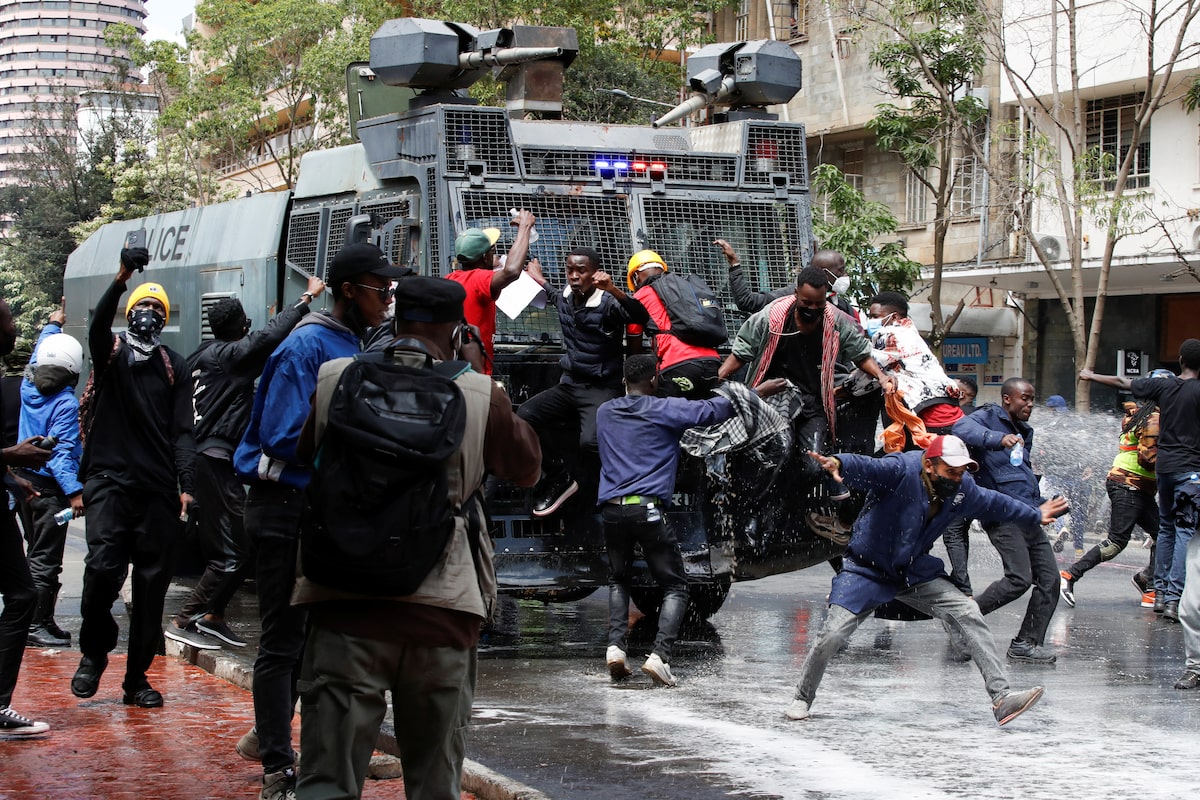
Despite reassurances from Deputy President Kithure Kindiki about improved security measures, cases of abductions and disappearances continue to increase.
The United States is demanding accountability over extrajudicial killings and the waves of abductions witnessed in Kenya during the youth-led protests against the Finance Bill 2024 between June and August.
In a phone call with President William Ruto on Thursday, November 7, US Secretary of State Antony Blinken emphasised the need for the Kenyan government to uphold accountability, particularly regarding security forces accused of violently suppressing protests and allegedly linked to recent abductions.
More To Read
- Amnesty flags arrests, abductions and killings ahead of Tanzania’s 2025 elections
- High Court asked to compel State to produce missing security analyst Mwenda Mbijiwe
- Blogger Ndiangui tells court DCI yet to return his laptops, phones and passport
- Families demand immediate release of Kenyan activists missing in Uganda
- Abductions, torture cases in Kenya, Uganda and Tanzania (2024–2025)
- Kenya piles pressure on Uganda to investigate alleged abduction of two activists
Blinken stressed that accountability for security forces is crucial to maintain public trust and ensure justice for affected families.
"The Secretary underscored the importance of full accountability for security forces reportedly involved in protest violence and ongoing abductions," Blinken said in a statement.
Despite reassurances from Deputy President Kithure Kindiki about improved security measures, cases of abductions and disappearances continue to increase, with at least 57 reported since the Gen Z protests.
Deepening public anxiety
Only 22 abducted individuals have been found alive, while two have been confirmed dead. Thirty-three people remain missing, deepening public anxiety over safety and transparency.
Responding to accusations of police involvement, Inspector General of Police Douglas Kanja addressed the National Assembly on Thursday, firmly denying claims that police forces were responsible for the abductions.
“The police don’t abduct or kidnap; we only arrest and lawfully detain individuals in designated police stations. We are fully committed to resolving these cases and ensuring that those responsible are held accountable,” he stated.
Human rights organisations, however, have raised alarms about a “climate of fear” and called for greater transparency within Kenya’s security forces. The Kenya National Human Rights Commission (KNHCR) has demanded disciplinary measures against high-ranking officials within the Ministry of Interior and the Inspector General of Police.
The commission’s recent report indicated that 60 individuals lost their lives during the Gen Z protests, with 26 people still unaccounted for. Human rights activists also decried what they describe as "information concealment" by relevant security agencies, raising further concerns about the opaque handling of these cases.
The KNHCR and other advocacy groups have documented 71 abductions since the protests began, sparking public outcry and demands for a government-led investigation.
Families of the missing individuals have been vocal in seeking answers, yet four months after the unrest, the Director of Public Prosecutions (ODPP) has not initiated investigations into allegations of law violations by security officers.
Top Stories Today
